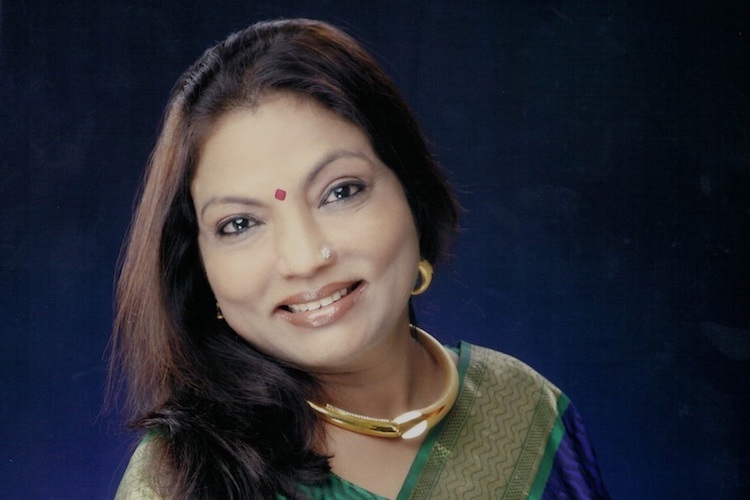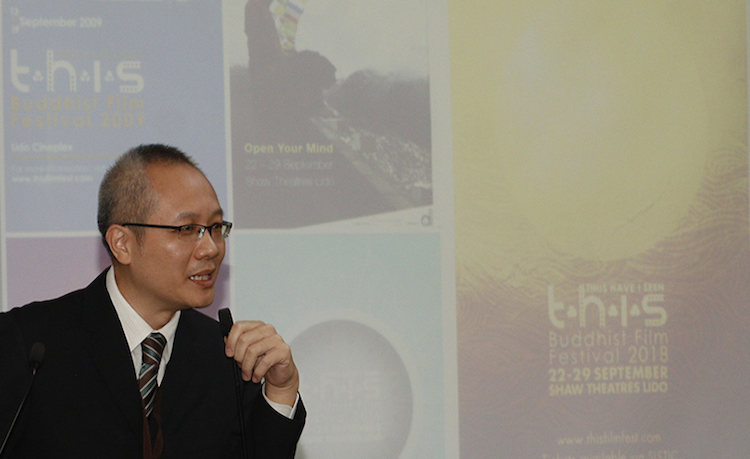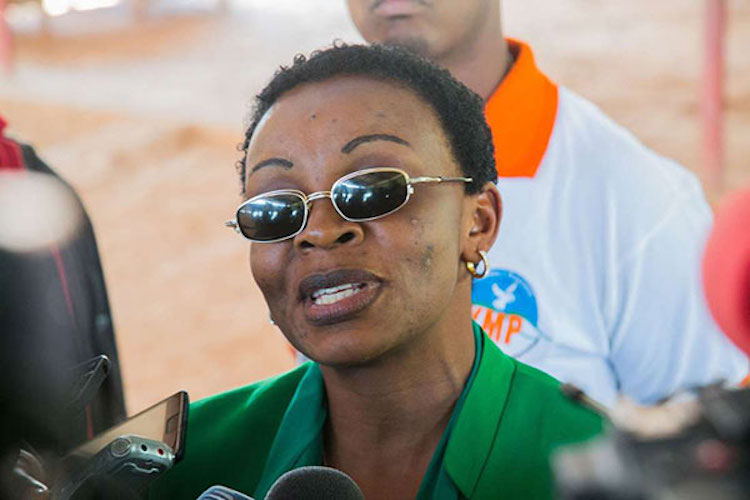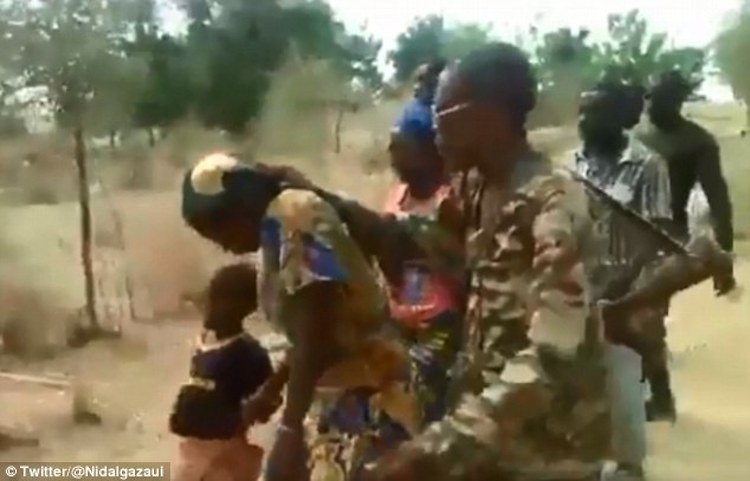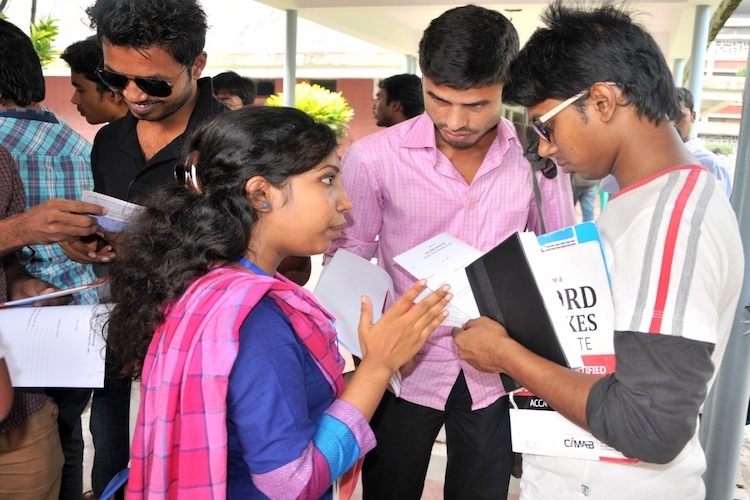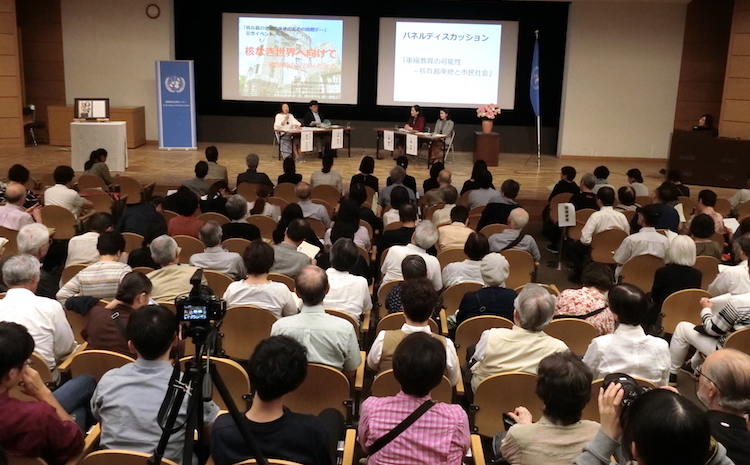By Sudha Ramachandran BANGALORE (IDN) – In 2013, Kalpana Saroj, Chairperson of the Mumbai-based Kamani Tubes Ltd. (KTL), was awarded the Padma Shri, India’s fourth highest honour for civilians, for her achievements in the fields of Trade and Industry. Saroj was successful in turning around the fortunes of KTL, a manufacturing company producing quality copper […]
U.S. Gets Green Light To Boot Thousands of Ghanaian Refugees
By Lisa Vives, Global Information Network NEW YORK (IDN) – A simmering dispute between the U.S. and Ghana appears to be resolved. Some 7,000 Ghanaians can now be deported from the U.S. and a key demand – that their Ghanaian citizenship be proven before deportation – has been dropped. The dispute was settled at the […]
Uproar Over Expulsion of Kenyan Professor by Zambia
By Lisa Vives, Global Information Network NEW YORK (IDN) – China’s influence in Africa has some leaders trying hard to please their new, rich and seemingly generous foreign partners. Zambian authorities recently roiled the nation’s waters by deporting an influential pan-Africanist professor before he could disembark at Kenneth Kaunda International Airport and before he could […]
What is Buddhist in a Buddhist Film Festival?
By Kalinga Seneviratne This article is the 25th in a series of joint productions of Lotus News Features and IDN-InDepthNews, flagship of the International Press Syndicate. SINGAPORE (IDN) – The just concluded 5th edition of ‘Thus I Have Seen Buddhist Film Festival (THISBFF)’ in Singapore attracted a large non-Buddhist audience according to its organisers, but still […]
Rwanda Outlaws Political Cartoons and an Opposition Leader Goes Free
By Lisa Vives, Global Information Network NEW York (IDN) – The Rwandese government of Paul Kagame has outlawed the drawing of cartoons that portray politicians/leaders in an unflattering manner. Anyone who draws such a cartoon risks imprisonment of up to two years and a fine of up to Rwf1 million ($1,145). If the cartoon targets […]
Grim Shadow Over Cameroon President’s Re-Election Bid
By Lisa Vives, Global Information Network NEW YORK (IDN) – As the clock ticked down to October 7 presidential elections in Cameroon, President Paul Biya remained tightlipped about a grisly video gone viral of two mothers and their infant children executed in cold blood by government soldiers. The grainy video shows two women – one […]
Africa Gets Ready for Biodiversity and Climate Change Summits
By Justus Wanzala NAIROBI (IDN) – African governments have been availing of two conferences at the UN Environment Headquarters in the Kenyan capital in September to gear up for the Biological Diversity Summit in Sharm el Sheikh, Egypt, and the Climate Summit in Katowice, Poland. The African Ministerial Conference on the Environment (AMCEN) from September […]
China-Japan Rivalry Intensifies in Asia’s New Growth Region
By Kalinga Seneviratne SINGAPORE (IDN) – While China’s Belt and Road Initiative (BRI) has been in the news for a while – thanks mainly to negative reporting by the western media – Japan is slowly funding the building of supplementary trade corridors in the Mekong region projecting itself as not only interested in building infrastructure, […]
Right to Information a Mixed Success in the Asia-Pacific Region
By Sean Buchanan LONDON (IDN) – Freedom of information is not only a human right, but also an essential tool to engage and empower citizens to demand accountability from governments and fight corruption. Worldwide, around 120 countries have a right to information (RTI) act, indicating that most countries consider it important to spell out in […]
Japan Considers Ways of Shedding the Straitjacket and Go the Whole Hog for Nuclear Abolition
The following is a revised version of the article posted on September 30, 2018. By Katsuhiro Asagiri TOKYO (IDN) – Japan’s profound interest in the international community’s efforts to help usher in a world free of nuclear weapons was underlined in the run-up to the commemoration of the International Day for the Total Elimination of […]

